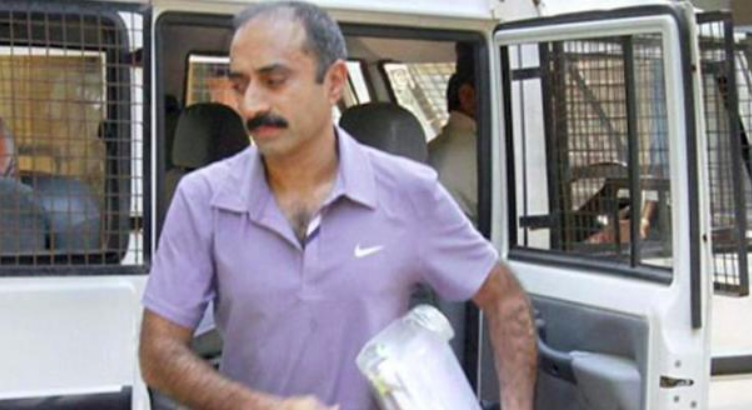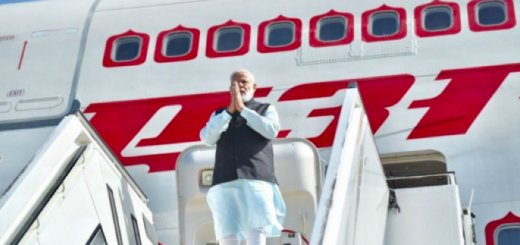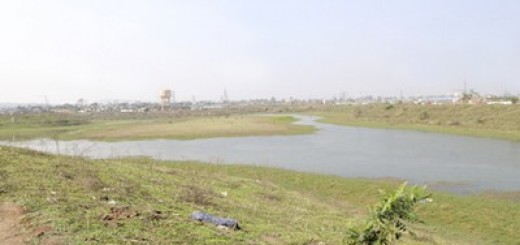Money or Morality rules the world? Sanjeev Bhatt: law on a path of injustice?

(Former IPS officer, Sanjeev Bhatt – Editorial in Madhyamam (Malayalam daily) June 22, 2019)
Money or morality rules the world? One point this editorial trys to establish is this: “Law is not always synonymous with justice! The Nazis' massacre of Jews was legal. Slavery was legal. So was colonialism. At the hands of those without sense of justice, law has always been an instrument of torture.”
Just think of this court case itself which has taken 30 yeaars to conclude. Is not justice delayed justide denied?
Misguided Lawyers & Doctors
Is this because of the inherent nature of law? It is not, but because of those who handle law for their own selfish interests: the lawyers. Selfish lawyers always look to court cases as a means of their livelihood, their daily bread. So do many doctors who fleas their patients to extract as much money from their patients. Too many lawyers and doctors live like vultures which live by rotten carcasses!
When the law enforcement agency happens to be the Government itself, it has all the money to buy lawyers and also the power to enforce their wish. That is why more innocents are in our jails, and more criminals outside. In the final analysis, more often it is money power that rules the world today, not moral power.
Moral education needed
To change this situation we need to give good moral education to our youngsters to stand up for justice, honesty, truth and service, so that when they become national leaders they will do the same. It is a long and tedious battle, as India is a land of illiterates. james kottoor, editor CCV.
Read below editorial in Madhymam
The Jamnagar Sessions Court's verdict sentencing former IPS officer, Sanjeev Bhatt is bound to disappoint everyone wishing to see the side of justice winning. The court's judgement came on a custodial death that happened 30 years ago.
Complaints had already been raised that the Gujarat and the Central governments were acting with vengeance on Bhatt, who had made depositions against Narendra Modi in the Supreme Court and Nanavati Commission. During his tenure as assistant superintendent of police in Jamnagar, Bhatt had taken into custody over hundred BJP workers in view of the possible communal clashes in the context of BJP leader LK Advani's rath yatra. One of them, Prabhudas Vaishnani, died at the hospital ten days after being released from custody.
His family alleged that his death was caused by the torture suffered while in custody. The point at issue now is that when the court accepted that argument after 30 years, the arguments in defence of Bhatt have not been considered. About 300 witnesses were produced by the prosecution, out of whom only 32 were examined. Although Bhatt's counsel requested examining 11 more witnesses, that was not allowed. Bhatt approached the Supreme Court to examine crucial witnesses including three policemen of the investigation team, that plea was also rejected. The court upheld Gujarat government's objection that this was a delaying tactic used by Bhatt to prolong the case. The vacation bench of the court pointed out that a similar request had been considered and rejected earlier.
Sanjeev Bhatt, who had deposed and given a statement that Narendra Modi during his tenure as Gujarat chief minister, had given tacit approval for genocide against Muslims, was seen sticking to his position when actions one after another were arrayed against him. Bhatt had given statements that the government did not pay heed to his advice intended to stop breakdown of law and order, and that despite his directly convincing Modi about the possible attack against Congress leader Ehsan Jafri that was of no avail (Jafri was eventually burned to death by a mob). All these were putting the Gujarat government on the defensive, a situation they could not stand. Whenever impartial officers had come forward to depose against the genocide of 2002, the government of Gujarat had been trying to rein them in.
An example is the relentless chase after Rahul Sharma, the police official who produced evidence against Maya Kotnani, a member of Modi's cabinet; the evidence was incriminating mobile phone calls which were sufficient to sentence her. When 33 department-level investigations were initiated, with six show-cause notices issued, against him, Sharma was forced to opt for voluntary retirement. In another instance, two officials, Santosh Sharma and Rajneesh Rai who made effective enquiries about fake encounter deaths – that led to the arrest of the then home minister Amit Shah – were taught their share of lesson with transfer to remote Shillong.
As for Sanjeev Bhatt, he stuck to his ground without succumbing before intimidations. His suspension from service in 2011 can only be seen as a clear act of revenge and intimadation. The charge was that he took unauthorised leave. As a matter of fact, during those days, he was away on leave to appear before Nanavati Commission and the Special Investigation Team (SIT) that were enquiring about the Gujarat riots.
Eventually he was expelled from service in August 2015. His subsequent arrest in 2018 was based on a dug-out allegation dating back to 1996. The charge was that he implicated a few in a narcotic case. And the case on which he is now convicted also dates back decades.
There is a parallel case that merits scrutiny: that of another IPS officer DG Vansara. He got the immunity under Indian Penal Code Section 197 that gives protection from court proceedings to officials involved in discharge of official duty, whereas Sanjeev Bhatt was denied the same protection. It is when in many other countries there is a similar protection for 'whistle-blowers' who reveal the corruption and failings of the government that here the government protects some and punishes others on a 'selective' justice basis.
Although Bhatt had pleaded with the Supreme Court in 2015 to appoint a special investigation team to probe into the allegations against him, the court turned it down. Altogether, the patently vindictive proceedings against Sanjeev Bhatt carries an unmistakable message against democratic fairplay, delivery of justice and good governance. Not for nothing did Bhatt's wife Shweta point that when others in service (including IPS officers' organisation) keep silent, that shows the said message is getting its result. Courts issue judgements based on available evidence and statements.
At the same time, the government hounds those committed to justice with authoritarianism and spite. Ultimately, the government wins in using law and judiciary to achieve their narrow goals. Law is not always synonymous with justice. The Nazis' massacre of Jews was legal. Slavery was legal. So was colonialism. At the hands of those without sense of justice, law has always been an instrument of torture.
















